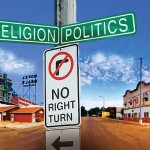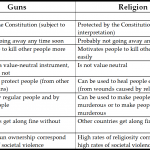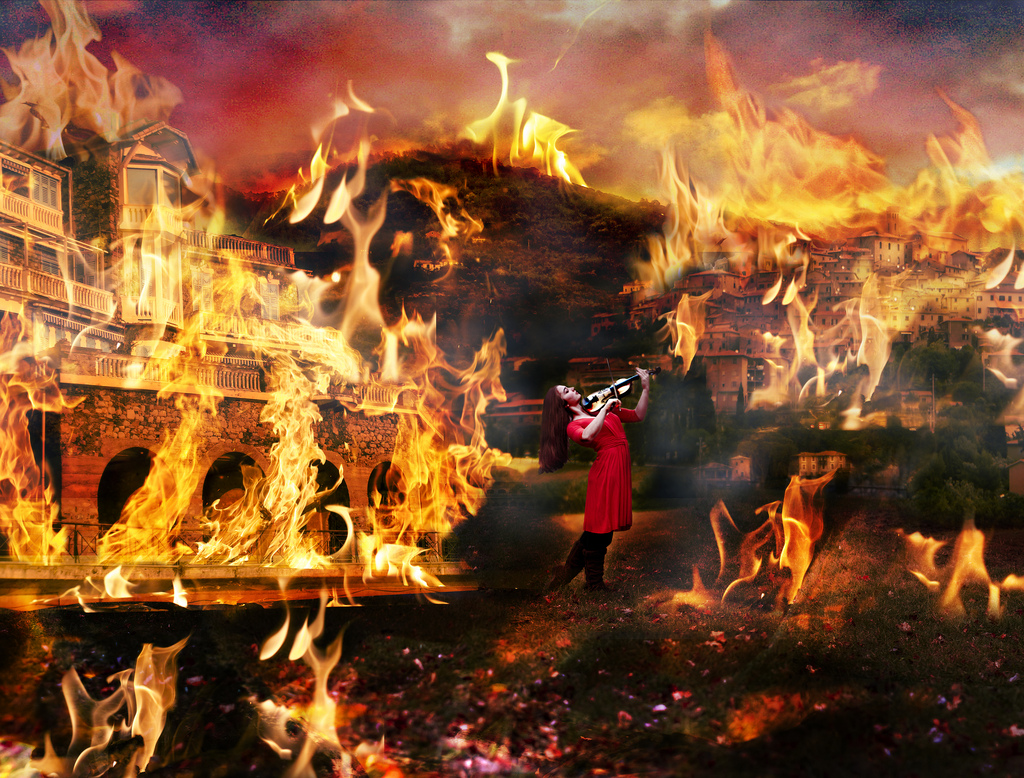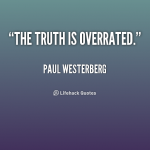A few weeks ago, my daughter heard an ad on the radio for an audition to a Disney television show while we were driving to her gymnastics class. She convinced me to call in and we made an appointment for an audition. So last night I took my daughter to the “audition”. Naturally, it turned out yo be a “pre-screening” at a modeling agency which is looking to hook parents with starry-eyed dreams for their kids. My daughter didn’t understand any of that, so she just had a good time doing a little runway walk and reading on camera for a commercial for Life Savers. It was fun for her, and I think it was confidence building. But we are ending it there.
My mother was a stage mother. In my sister’s case it, the venue was a dance studio which consumed our family. As I sat in waiting room of the modeling agency, I recalled vividly that experience from my youth. Very loud upbeat music was playing, while a big screen television showed glamour shots of young models. I felt like I was being intentionally distracted from something. From what? As I looked around the room of 200 hopeful parents, it struck me as odd that these people were actually hoping to become a part of that world. I was almost physically sick.
Maybe it has something to do with something that happened a few days ago. We have TiVo, which means I never watch live TV and I rarely watch anything for long that doesn’t interest me. This day, I flipped on the TV and didn’t hit the TiVo button fast enough, so live TV came on and there was a Hollywood entertainment show featuring Miley Cyrus’s new bikini-ed body. Ten seconds was enough for me. It was not just that Miley is still a teenager. And it was not just the objectification of women’s bodies. And it was not just the fetishizing of celebrities. It was vapidness of the whole presentation. I felt a distinct sense that the producers of this show were actively trying to distract me from something else, from things that mattered. I really felt like I was in Brave New World.
Years ago, I read Neil Postman’s Amusing Ourselves to Death. His introduction really stuck with me. In it he contrasts two dystopian futures, that of Orwell’s 1984 and Huxley’s Brave New World. He writes:
“Orwell warns that we will be overcome by an externally imposed oppression. But in Huxley’s vision, no Big Brother is required to deprive people of their autonomy, maturity and history. As he saw it, people will come to love their oppression, to adore the technologies that undo their capacities to think.
“What Orwell feared were those who would ban books. What Huxley feared was that there would be no reason to ban a book, for there would be no one who wanted to read one. Orwell feared those who would deprive us of information. Huxley feared those who would give us so much that we would be reduced to passivity and egoism. Orwell feared that the truth would be concealed from us. Huxley feared the truth would be drowned in a sea of irrelevance. Orwell feared we would become a captive culture. Huxley feared we would become a trivial culture […] In 1984, Huxley added, people are controlled by inflicting pain. In Brave New World, they are controlled by inflicting pleasure. In short, Orwell feared that what we hate will ruin us. Huxley feared that what we love will ruin us.”
Postman concludes: “In the Huxley prophecy, Big Brother does not watch us, by his choice. We watch him, by ours.” Interestingly, it was not the entertainment shows that concerned Postman. He was concerned about 60 Minutes and Sesame Street. According to Postman,
“[Television] serves us most usefully when presenting junk-entertainment; it serves us most ill when it co-opts serious modes of discourse–news, politics, science, education, commerce, religion– and turns them into entertainment packages.”
And I wonder how much of the “news” that I consume is really entertainment. It’s not just the media though.
I recently met with a client to discuss her lawsuit and her anxiety disorder came up. She told me she has not been to the mall in years because she has an anxiety attack when she goes there. The thought occurred to me that an anxiety attack in one of America’s malls might actually be a sign of a healthy psyche. R.D. Laing wrote that insanity is “a perfectly rational adjustment to an insane world.” And the mall is an insane place. I admit, I do like going there, but it is always with a sense of irony. And when I leave, I always feel like I am waking from a dream. I have a distinct sense that it is not real — like Disneyworld or Las Vegas.
I was telling my wife about all this yesterday, and I found it difficult even to articulate what it is that disturbs me about these things: the entertainment show, the mall, and the modeling agency audition. And this in itself is a symptom of the ubiquitousness of this madness which engulfs us all. Theodore Roszak, author of The Making of a Counterculture, wrote about how Huxley’s vision was already coming true in1969. He wrote:
“The Age of Affluence represents a daring experiment on the part of elites in maintaining their dominance not by starving and bludgeoning their opposition into submission, but by seducing it into compliance. […] totalitarianism is perfected because its techniques become progressively more subliminal. The distinctive feature of the regime of experts lies in the fact that, while possessing ample power to coerce, it prefers to charm conformity from us […] The prime strategy of the technocracy is to level life down to a standard of so-called living that technical expertise can cope with–and then, on that false and exclusive basis, to claim an intimidating omnicompetence over us by its monopoly of the experts. The business of investing and flourishing treacherous parodies of freedom, joy, and fulfillment becomes an indispensable form of social control under the technocracy.”
“Treacherous parodies of freedom, joy, and fulfillment”: with these words, Roszak named what I experienced in that room with those parents and watching the clip about Miley Cyrus. They are parodies because they are not real and offer no genuine fulfillment. They are treacherous because they trick us into believing that they are fulfilling, and if we do not feel fulfilled, something must be wrong with us. We must need an anti-anxiety drug or we must have a mood disorder.
According to Roszak, the overculture has so dominated the discourse that it is
“impossible for [people] to give any name to their bothersomely unfulfilled potentialities but that of madness. And for such madness, humanitarian therapies [are] generously provided.”
In this world, “there exists a technological solution to every human problem” and “if a problem does not have a technical solution, it must not be a real problem.” And thus I struggle to find the words to express the reason for my nausea at these things.
I was raised in the Mormon church. And like many other Christians, I was taught that there was something wrong with “the world”. The “word” meant everything that wasn’t the Mormon church. For Mormons and other Christians, what is wrong is with the world is “sin”, which usually means some form of sexual activity or expression.
Having left the Mormon church, I fell out of the habit of seeing the world as wrong. But lately I have been experiencing it that way again. Now, it is not “sinfulness” or sexual explicitness that bothers me. It is that the overculture offers us only “treacherous parodies of freedom, joy, and fulfillment” and then subtly renders us incapable of naming our sense of being unfulfilled.
I see now that part of the reason I remained Mormon so long was that I was repulsed by the vapidness of popular culture. The problem was that I saw only one alternative to that culture, and a dogmatic and repressive alternative at that. Still, religion remains for me an expression of my dissatisfaction with popular culture and an expression of my faith that there is greater and richer meaning to be discovered.











